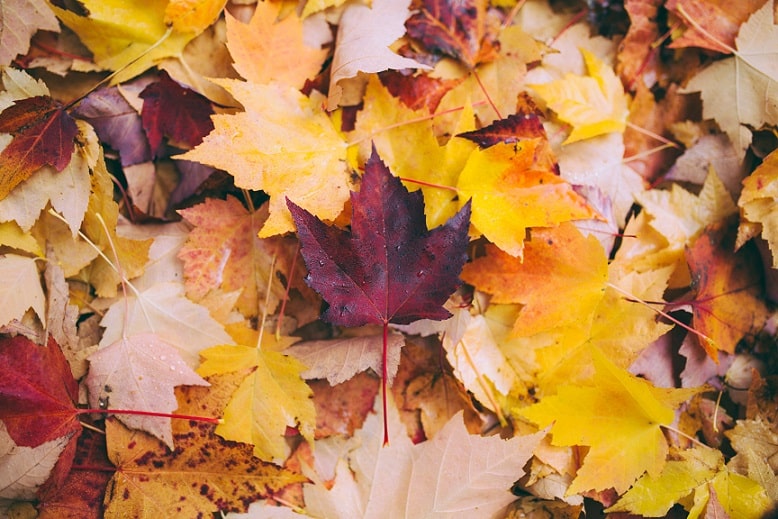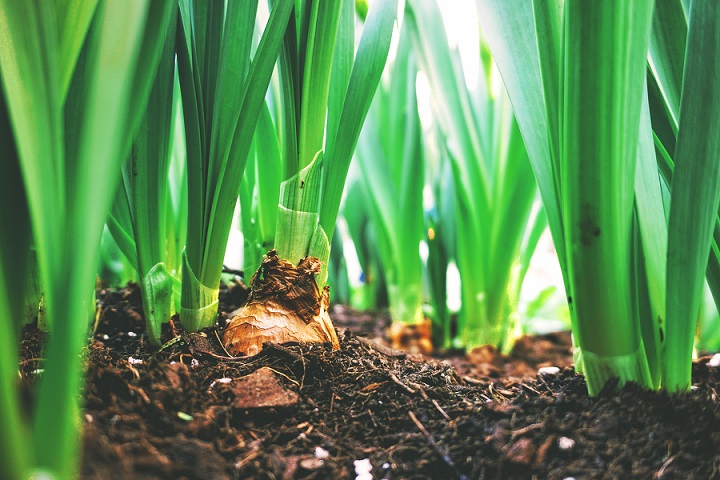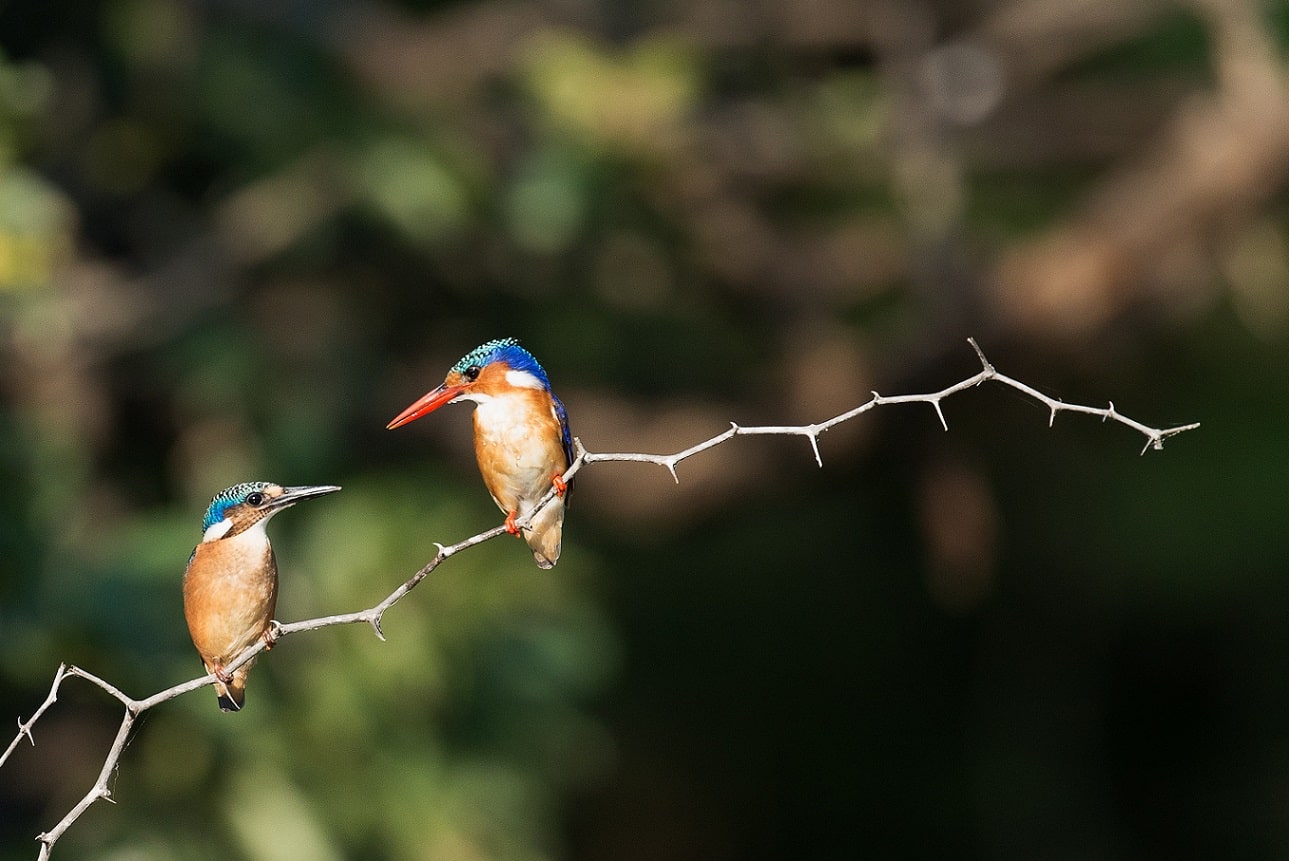Just Connect
“When we know what changes our own hearts, we have a clue about the world we’d like to inhabit and how each of us can contribute to that vision.”
Getting right to the heart of it here, this month I offer reflections about “dismissive positivity”. Some of you may know what it is and know how it feels in your body when you express or receive it. It’s important to name it. An example? I reached out to my sister recently and began to express my frustration about our living situation here in Santa Fe. We are still in transitional housing, living with my daughter and grandchildren. The Santa Fe real estate market is challenging, workable, but challenging. That may sound like a lovely family scene in her fantasy life, especially since she lives far away from her grandchildren. This living situation has been quite the learning curve for me.
Dismissive positivity implies that someone is living the ideal life and if they have troubles there’s something wrong: they haven’t meditated enough, they haven’t prayed enough, they haven’t got their diet just so, they don’t have the right guru! Maybe the feng shui in their house is off? Maybe they just don’t appreciate their lives enough? We can’t cut them much slack because we often don’t cut ourselves much. We are all in pursuit of some ideal that doesn’t exist.
My sister then texted me platitudes about “how everything happens for a reason and we will find the perfect house and she looks forward to visiting soon!” I felt the old familiar (familial) frustration of not being received. It rose up like a rush from hot chili peppers and simultaneously, I could appreciate her limits. I don’t have to be defined by her limitations. What I experience isn’t diminished by her inability to receive me in that moment. Ah! I remember now! Noted!
Empathy is not dismissive positivity.
When I sugar coat someone’s experience with a cheery comeback they are invisible to me. Check it out the next time you catch yourself doing it and notice your body sensation. And notice what it is to be on the receiving end of it too. Do I have the expectation that everyone I meet will respond with empathy? Not hardly. It does mean I can own my experience and “self regulate” and be discerning about what my expectations are of others. It can be quite simple. We don’t have to feel overwhelmed by connection or take on the suffering of the entire world. We can—just connect. When someone is struggling we don’t have to know the backstory, we could still respond with comments like “I see that you walk with some big challenges.” Or “That must be difficult, I wish you well.” Sometimes a comforting silence is enough. It’s a practice, an art, and we will get it right sometimes and be way off other times. The practice of empathy provides us with healthy boundaries and the chance to acknowledge our shared humanity.
We are pack animals, social creatures who thrive on connection. The neuroscience is right there to back that up: when we are met with empathy, when we are seen, heard, valued, there’s a shift in the nervous system. Even for just a moment. Most of us don’t want platitudes. It’s like living on a diet of empty calories. A little boost of empathy can be a feast for anyone!
When we know what changes our own hearts, we have a clue about the world we’d like to inhabit and how each of us can contribute to that vision.






